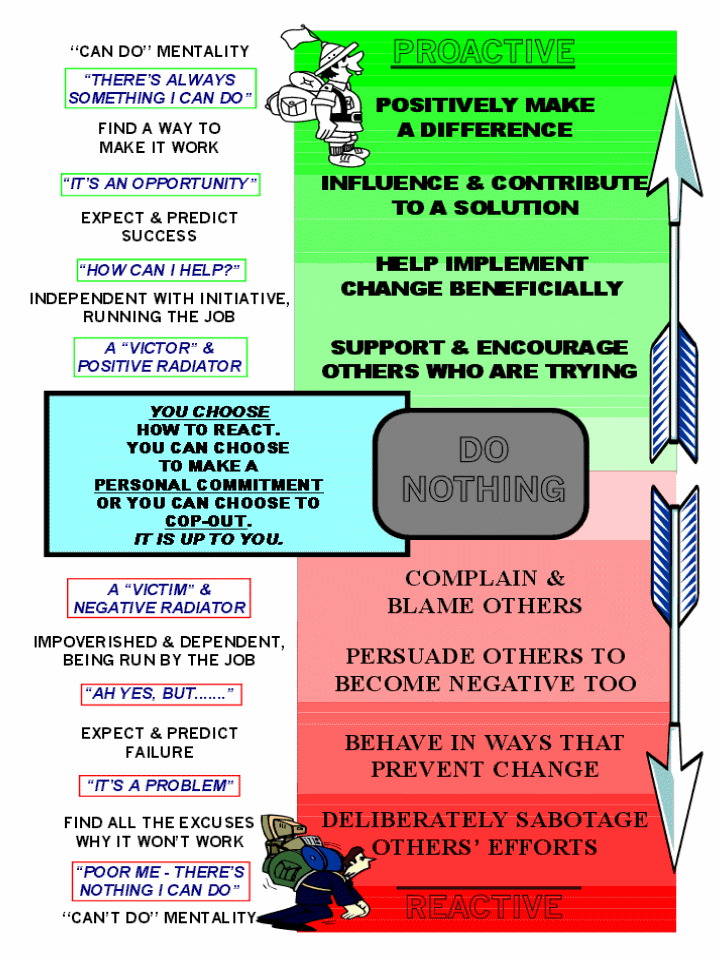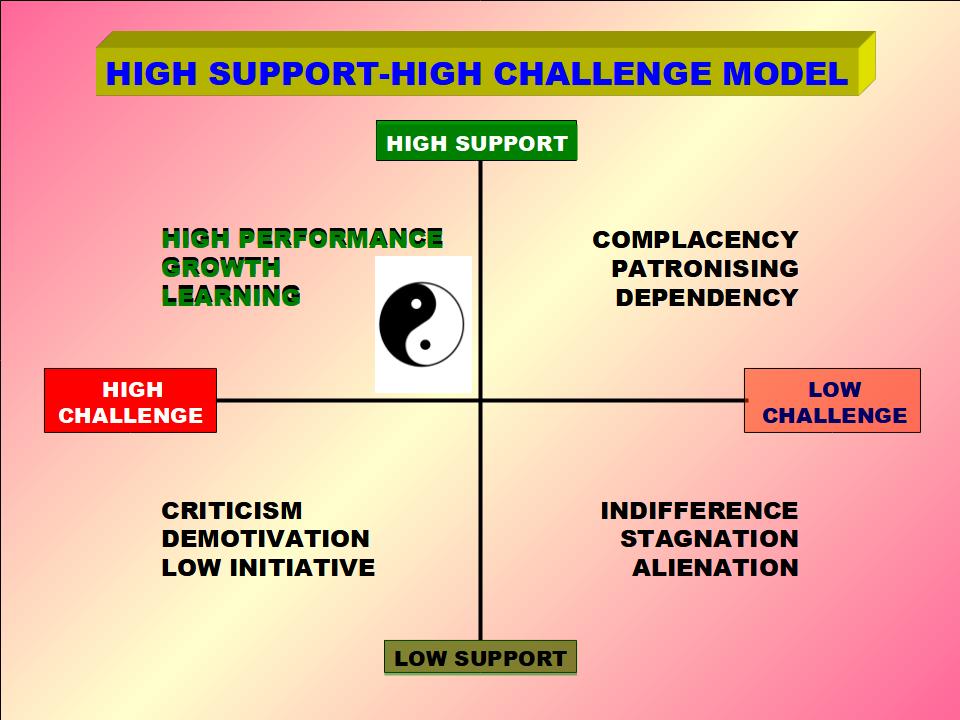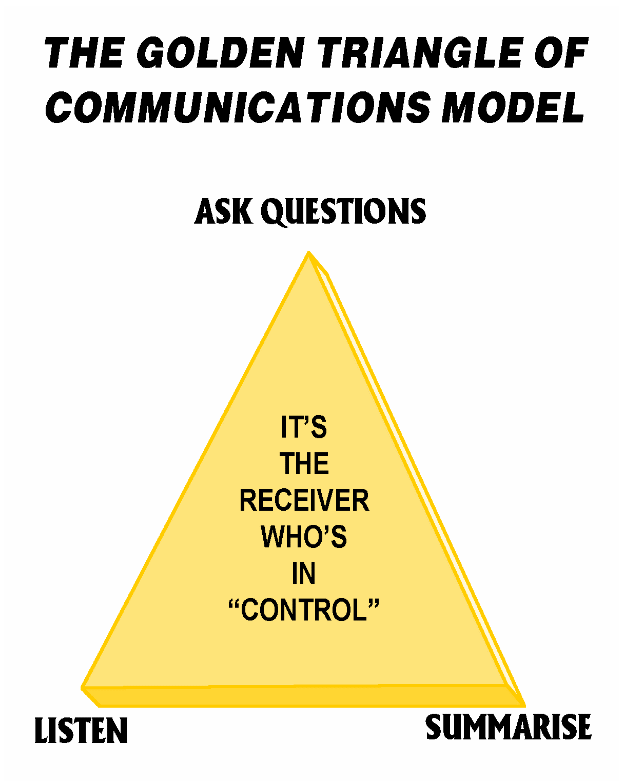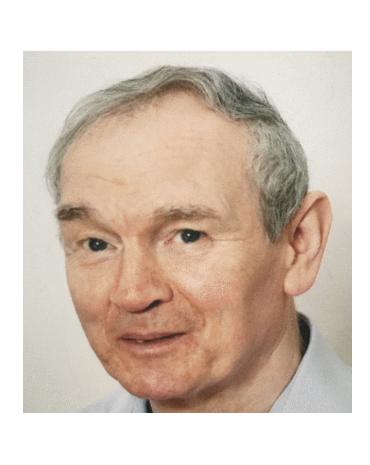to help themselves,
to release and realise more of their potential
Dennis Martin Consultants
Contact us and see how we can work together and create a path to the future that you, your people and your business deserve.
- home index page
- Letter to a Mentee
Letter to a Mentee
Key Points of this Page
On this page you will see my Letter to a Mentee which covers:
* congratulations and best wishes for this amazing learning opportunity
* the need for the mentee/s to believe in themselves and their mentors
* major attitudinal, emotional and behaviour commitments needed if mentoring is to succeed
* some pitfalls for mentee/s to avoid
* the mentee/s will be successful if he or she really wants it
**If it would help with your mentee'/s induction, please use this letter as a template for drafting your own version or give a copy of it to your mentee/s or contact me via our Contact Help Form for Dennis at the end of this Letter and I'll be happy to help you modify it to suit your needs.**
Dear Mentee,
My name is Dennis Martin and I don’t know your name and you don’t know me.
So, why am I Sending this 'Letter to a Mentee' to you?
Well, I understand that you are to become a Mentee and, firstly, I wanted to congratulate you on this great achievement.
I know nothing about you but your acceptance as a Mentee speaks volumes in your honour.
I’ve spent 30 years working as a consultant in mentoring so, although I don’t know you, I do know a lot about the journey you are about to begin and the processes involved.
You are in for a really great experience which will be an amazing ‘gift’ in helping you to create your own special future and achieve more of your unlimited potential.
(I use the definition of potential as: unrealised possibilities).
This gift will not be ‘given to you on a plate’, nor should it be for it to be meaningful.
You must earn the brilliant benefits of mentoring to value them, to be proud of them and to really learn how best to use them.
Are There Some Things I Should Do If I Really Want To Succeed as a Mentee?
Good question.
From my experience, I have set out in this Letter to a Mentee 8 key things you must do to get the best out of this terrific opportunity. They are in no order of priority:
1* believe in yourself and your potential.
Naturally, there may be periods of self-doubt, especially when learning new stuff outside your current ‘comfort-zones’.
But, as a mentee, you are not alone, your mentor is always there for you and will help you to help yourself and will encourage you.
Be determined to ‘make a difference’ though (see the green box in the model below) and talk with your Mentor/s about your self-doubts and what to do to avoid them becoming an obstacle to improvement and to realising more of your potential.

2* be prepared to become 'comfortable with the uncomfortable' in a positive, motivating way.
This is essential for you to release your potential (i.e. ‘let go’ of existing limitations) and then to realise your potential in terms of higher standards of performance (i.e. grab opportunities that occur however daunting they mean seem at first).
Your mentor will be supporting and encouraging you positively.
3* really get to know your mentor/s and let him or her get to know you.
The relationship between you and your mentor is at the heart of mentoring success and the returns you, your mentor and your employer will receive or not.
You and your mentor/s are partners with a common goal to boost your potential as a result of great teamwork and synergy.
Synergy is 2 + 2 = 5. That is, the sum of the parts is greater than the whole.
In this Letter to a Mentee here are the Seven key elements of your
relationship, that you and your mentor must continuously work on and
not take for granted:
* mutual trust (trust means I know that you will not take unfair advantage of me);
* mutual respect;
* honesty, especially in open communications;
* giving and receiving feedback for learning purposes;
* synergy (i.e. by working together you and your mentor will achieve more than by working as individuals (2 + 2 = 5);
* create and enjoy fun together;
* mutual high support, high challenge (see image below).

Help your mentor to
help you to help yourself to release and realise more of your
potential than you have ever done before.
Your success depends upon it.
Make sure you understand what your mentor's role is and what she or he is aiming to achieve, especially the six crucial self-managed mentoring conditions below.
Work hard and smart to help your mentor achieve these conditions, which will be of immense help to you.
1. a mentoring environment which is learning-focused, blame-free, failure-free, inspiring and a 'sanctuary' based on intrinsic motivation characteristics of responsibility, recognition, interesting learning and work, initiative, achievement and advancement
2. mutual respect, mutual trust, mutual high support, mutual high challenge, honesty, and an appropriately encouraging value system
3. a mentoring environment which acts as a 'mirror' and reflects the mentee's, mentor's and leader's internal environment by giving and receiving feedback; positive reinforcement and valuing differences
4. a living role model and demonstration of self-management, 'green box' attitudes and choices, self belief, self-sabotaging-free, encouragement and lots of fun, as it is applied to the external environment
5. a positive mindset and willingness to take ownership and a future-focus of potential (our past is not our potential), hope, belief and success and an abundance attitude of sharing freely all they learn with others
6. transparent communications, especially active listening, questioning and summarising; no secrets or jargon; confidentiality and works as a 'lubricant' for the other 5 conditions (please see the Golden Triangle of Communications below).

4* if you are offered the opportunity to self-manage your mentorship (along with your partner mentor), take ownership and responsibility for your personal development opportunity and for the best results that you can get (e.g. agreed mentoring goals)
5* display a ‘can-do’ attitude to your learning opportunities, and to transferring your learnings widely in your role or projects or helping others etc.
Be willingly to share your improving knowledge, skills and wisdom with your colleagues, if they wish.
I think the ultimate test of whether you've learned anything is: can you teach it to someone else?
6* be receptive to accountability with your mentor, local leader/s and Sponsor because it closes the ‘loop’, helps to turn ‘mistakes’ into learning opportunities and increases your authenticity and respect status
7* anything that is concerning you, including your relationship with your mentor/s, raise it first with your mentor.
Obviously, at times this will not be easy, but it is the right thing to do. If you get nowhere, raise it with your Sponsor.
Avoid becoming 'two-faced', e.g. saying everything is fine to your mentor whilst gossiping behind his or her back about being frustrated.
8* take the initiative in doing whatever is needed, not because someone is telling you to do it, but because you want to do it.
Your mentoring costs money, your mentor is sharing years of hard experience and wisdom for your benefit voluntarily, be willing to use the 80/20 ‘rule’ – it is you who should be doing 80% of the appropriate learning, tasks etc. and your mentor should be doing 20%, roughly.
There are a few
things that I would recommend you avoid as doing them will undermine
all of the above and be a major insult and disappointment to your
mentor:
* being arrogant or adopting a ‘superior’ attitude with colleagues because you’ve been given this amazing ‘vote of confidence’ (and they haven’t – yet)
* communicating with your behaviour that you are coasting along doing only the minimum you can get away with (e.g. never going the extra mile and/or easily accepting low standards)
* showing an attitude of self-centredness with little or no humility or regard for others (e.g. everything is open for ‘negotiation’ as long as it yields only the best deal for you)
Your mentor, your leader/s and you would also NOT behave or accept others' behaviour that leads to:
* dependency (e.g. on your mentor)
* deceit or factually incorrect reporting (i.e. dishonesty)
* 'victim' mindset and / or behaviour (i.e. poor me or why me?)
* taking unfair advantage of others (i.e. betrayal of trust)
* taking the easy convenient route of low standards (i.e. laziness, can’t be bothered, I don’t care)
* staying stuck in individual or collective 'comfort zones' (e.g. with addictive habits, nobody else is doing it, I can’t do it)
* blaming others (e.g. it’s not my fault, he did it)
* illegal actions or deliberately damaging actions to self or others
[this is one time, if not the only time, that the CONFIDENTIALITY aspect of mentoring may need to be bypassed if there is a safety or wellbeing risk to mentee/s or others and / or a commercial risk to the company.
This MUST be made clear to all involved at the start of the mentoring opportunity and all must commit to it].
If your mentor perceives you falling into any of the above 'traps', expect him or her to give you some honest feedback and then to help you learn how to change your behaviour.
He or she is doing you a big favour by doing so even if it feels uncomfortable or unfair at the time.
Just to let you carry on doing it 'wrong' until it becomes a negative habit will prove to be a major obstacle to your performance and success in the future.
Mentoring is About Releasing and Realising YOUR Potential (i.e. Unrealised Possibilities)
Clearly, your
employer sees you as a valuable asset to the business, and is willing
to invest in your future.
That’s quite a compliment you should feel grateful for, isn’t it?
Use it for positive self-motivation, self-management and personal encouragement.
Mentoring will be of massive benefit to you if you adopt the same achievement attitude about yourself and behave accordingly.
What are you capable of?
What unrealised possibilities can you master?
You may not know right now, and nobody else may know, until you do it, then we'll all know.
Your potential is limited only by your lack of challenge (e.g. of self) and / or lack of imagination of what is possible for you in your future and / or what may seem 'impossible' at this time.
Believe in yourself and your potential and your partner mentor will help you to learn how to release and realise it.
Everyone who has helped to create this great mentoring opportunity for you, wants you to succeed, they are on your side.
In writing this Letter to a Mentee, I wish you all the success you deserve and I look forward to hearing of your achievements if you are willing to communicate them to me via the Contact Help Form for Dennis below.
From my experience, mentoring 100’s of people, I would say that there is nothing you need to fear on this journey, nothing you will not be able to learn or do, if you really want it, commit to it and have fun doing it.
Enjoy yourself and be sure to thank all those people who are helping you, including yourself and your mentor, of course.
Kindest regards,
Dennis
p.s. if I can be of any help, please contact me via the Contact Help Form for Dennis below my photo.
If you would like more information, please visit any or all of the pages listed below by clicking the appropriate links:
* business mentoring and mentorship

Summary of Page Key Points
On this page you have seen my Letter to a Mentee which covers:
* congratulations and best wishes for this amazing learning opportunity
* the need for the mentee/s to believe in themselves and their mentors
* major attitudinal, emotional and behaviourial commitments needed if mentoring is to succeed
* some pitfalls for mentee/s to avoid
* the mentee/s will be successful if they really want it
I've covered a lot of ground in your letter and I just want to THANK YOU for reading it. Your attention is much appreciated.
I hope you found it as worthwhile and interesting when reading it as I did when writing it for you.
Kindest regards,
Dennis
